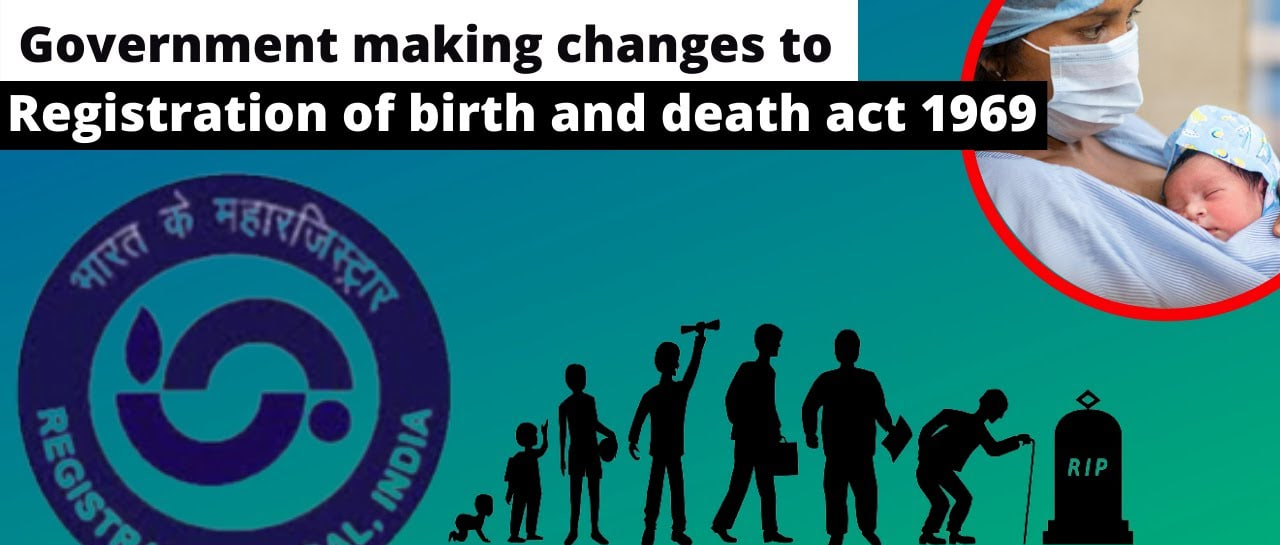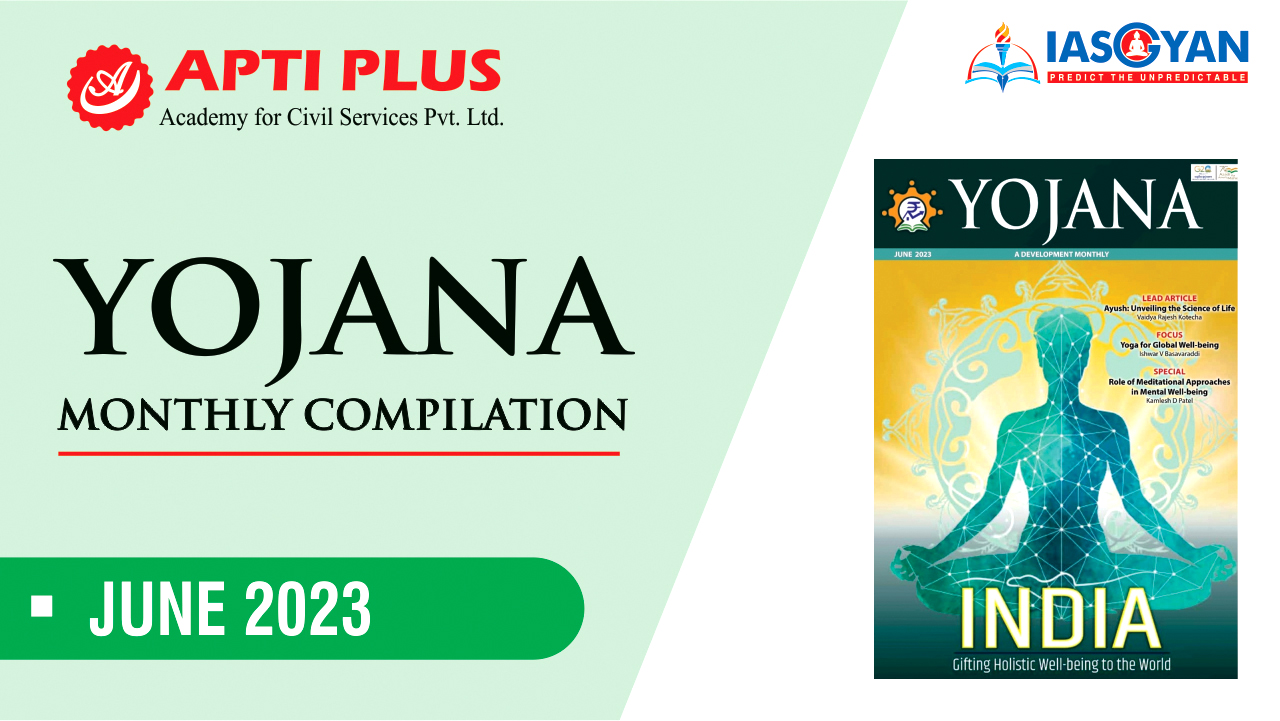
Copyright infringement not intended
Context: The government is planning to introduce a Bill in the Parliament that will make Aadhaar mandatory for registering births and deaths in India. The Bill will amend the Registration of Birth and Death Act, 1969, and will also enable the sharing of data on births and deaths with the Registrar-General of India (RGI), which is responsible for maintaining the National Population Register (NPR).
Details
- The Bill has received the consent of almost all States, who will have to sign a memorandum of understanding with the RGI to share the Application Programming Interface (API) from where the data can be accessed. Some States have their applications for issuing birth and death certificates, but they will have to use the Civil Registration System (CRS) operated by the RGI as well.
- The Bill aims to improve the accuracy and efficiency of the civil registration system in India, which is crucial for planning and implementing various welfare schemes and policies. The Bill also seeks to ensure that every resident has a unique identity number, which can help in preventing fraud and identity theft.
Key points regarding the proposed Bill to amend the Registration of Birth and Death Act
- Purpose: The Bill aims to amend the Registration of Birth and Death Act to make Aadhaar (a unique identification number issued by the government of India) compulsory for the registration of births and deaths for individuals who possess an Aadhaar card.
- Aadhaar Authentication: The Centre allowed the Registrar-General of India (RGI) to perform Aadhaar authentication during the registration of births and deaths. This means that Aadhaar verification will become a mandatory requirement during the registration process.
- Compulsory Data Sharing: The Bill requires all States to compulsorily share data on registered births and deaths with the RGI, which operates under the Union Home Ministry. Currently, states are only required to send annual statistical reports to the RGI.
- Update National Population Register (NPR): The data collected from the registration of births and deaths will be used to update the National Population Register (NPR). The NPR is considered the first step towards the creation of a National Register of Indian Citizens (NRIC) or NRC.
- The NPR already has a database of 119 crore residents. By updating the NPR with real-time data on births and deaths, the need for door-to-door enumeration for population count will be reduced significantly.
- While the Census is typically conducted every 10 years and provides detailed sociocultural data, the 2021 Census has been suspended indefinitely due to COVID-19. The real-time updating of the population register (NPR) will provide current population figures.
- Use of Data: The updated database will not only be used for the NPR but also for updating other important databases, including the electoral register, Aadhaar, ration card, passport, and driving license databases.
It's important to note that the proposed amendments may raise concerns about privacy and data security, given the sensitive nature of the information being collected and shared. The Bill would need to go through the parliamentary process and receive approval before becoming law. Additionally, it is crucial to ensure proper safeguards and measures are in place to protect citizens' personal information.

Must-Read Articles:
Aadhar: https://www.iasgyan.in/daily-current-affairs/aadhar-ambit
CIVIL REGISTRATION SYSTEM AND NATIONAL POPULATION REGISTER:
https://www.iasgyan.in/daily-current-affairs/civil-registration-system-and-national-population-register
|
PRACTICE QUESTION
Q. Which of the following is true regarding Birth Rate and Death Rate?
A) Birth Rate is always higher than Death Rate in developed countries.
B) Death Rate is always higher than Birth Rate in developing countries.
C) Birth Rate and Death Rate are independent of each other and do not affect population growth.
D) Birth Rate and Death Rate both contribute to the overall population growth or decline.
Answer: D
Explanation: Birth Rate and Death Rate both contribute to the overall population growth or decline. If Birth Rate exceeds Death Rate, the population will grow, while if Death Rate surpasses Birth Rate, the population will decline.
|
https://epaper.thehindu.com/ccidist-ws/th/th_delhi/issues/45005/OPS/G05BHCEK1.1+G4QBHD9N5.1.html




